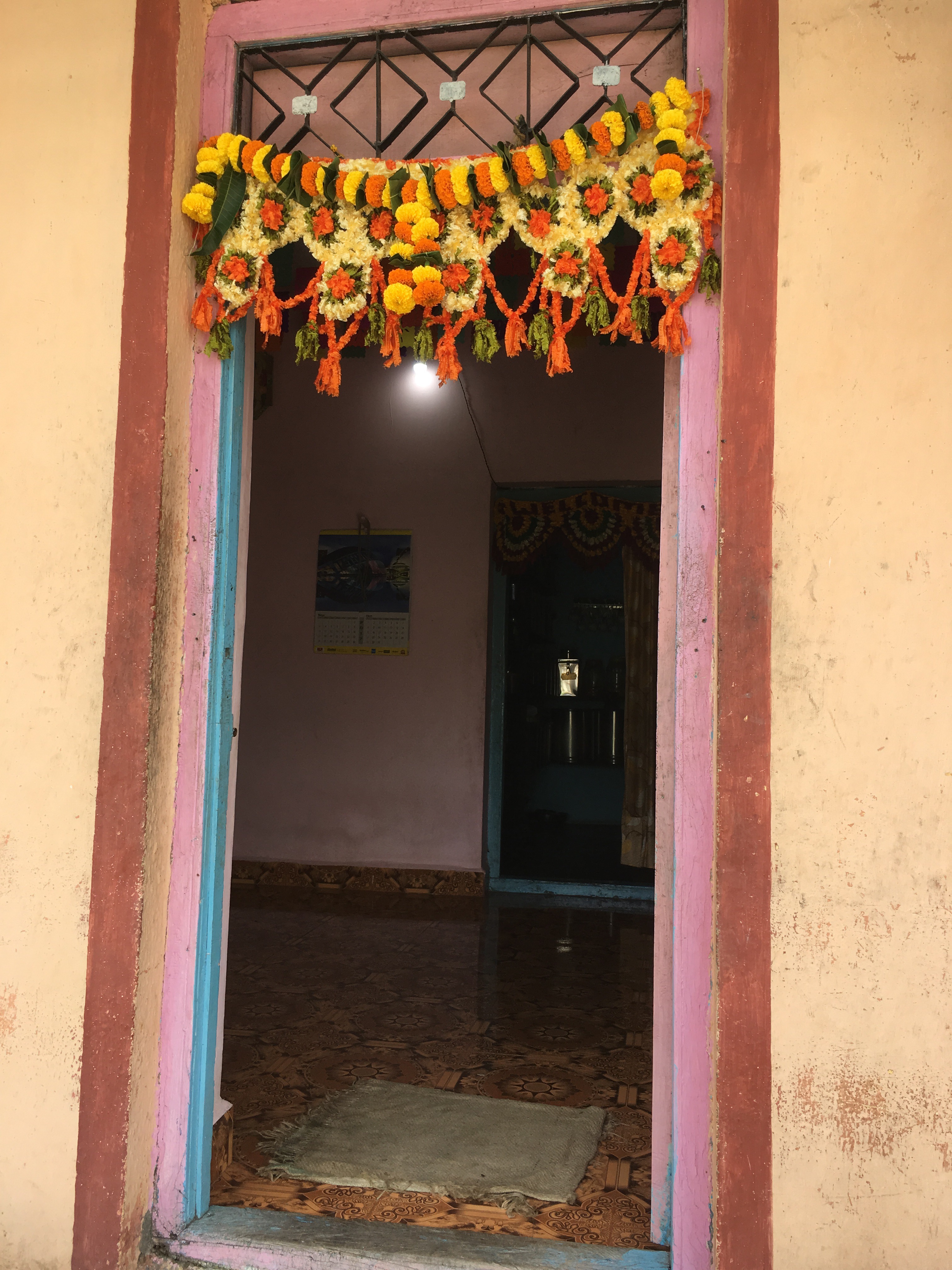As I mentioned in the last post, as part of our Newton Bhabha Fund workshop, taking place in IISER, Pune (remember, we’re tweeting about the workshop using #CERRI) we visited a number of rural villages to meet villagers, community leaders and officers from Maharashtra Arogya Mandal (MAM), an NGO. Yesterday we ran a debrief and Q&A session to help maximise the value of the visit and as part of this I asked the group to share the value the trip had had.

This is a short summary of those discussions. As the workshop goes on I’m sure the value will be felt in different ways, but for now here are the intial reactions. Please note that we only spent a few hours in the villages so no-one is claiming that we’ve got any depth of insight into the experiences of the villagers. However, even though we haven’t walked a mile in the shoes of the people we met, we have perhaps “seen their shoes”.
We asked these questions about the key influences of the visits:
- what sights and conversations have had particular impact?
- what key moments have changed or developed your thinking?
(People discussed this in groups so I’ve left the summaries in this format – I’m aware that some will need some clarification or expansion so I’ll add these as I get more information from the groups)
- I’ve got a real picture of life in an Indian village
- recognise the food-water-energy nexus
- seen their low expectations from life
- need for low cost and maintable technology
- seen the gap between the rural schemes launched and how they are implemented
- seen a lack of awarness and priority setting
- importance of a holistic approach – need to blend technology + skills + business plan
- importance of working with teachers and education
- develop a proper syllabus on corruption
- each village is different and one size will not fit all
- can we find a fine balance between providing development in a culturally balanced way, yet still providing an acceptable minimum?
- do we need to define a minimum acceptable “village standard”?
- equity and participation (gender/caste etc)
- awareness
- demand driven technology
- exploring opportunities for development
- empowerments
- to look at energy beyond electricity access
- LPG stoves – differential adoption
- villagers interviewing the researchers
- lack of water for irrigation and sanitation
- health situation and awareness
- one graduate, religious festival
- Chullahas
- challenge for maintenance of tech
- toilets (as store house)
- self help groups
In the next post I’m going to share some of the advice we get from the experts who are coming along to the workshop to speak on day 3 (a previous post looked at how we briefed them.)

